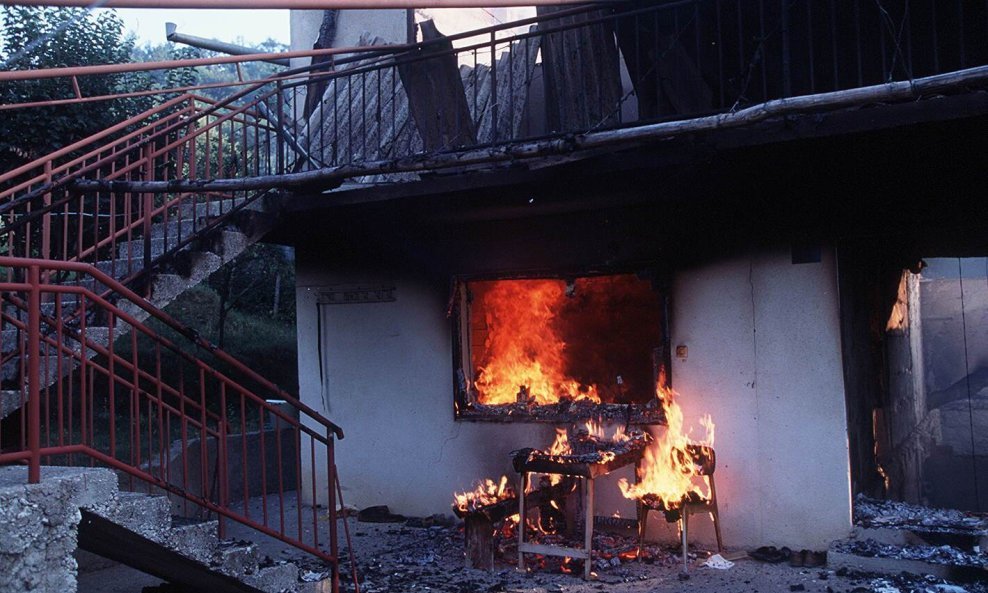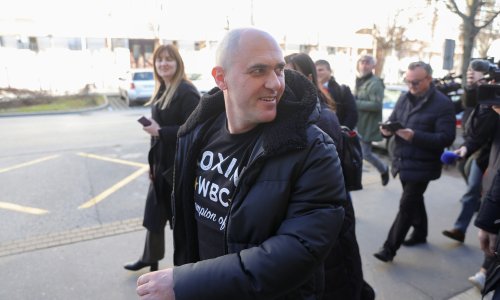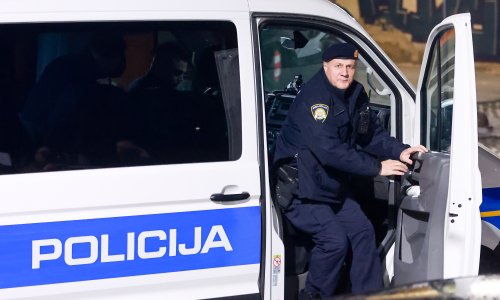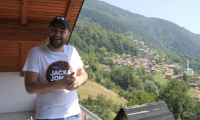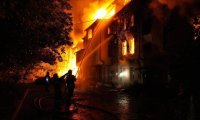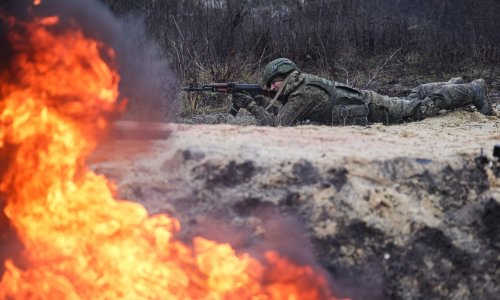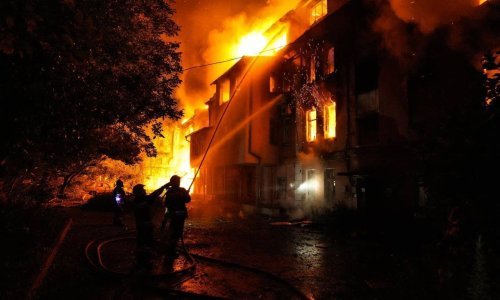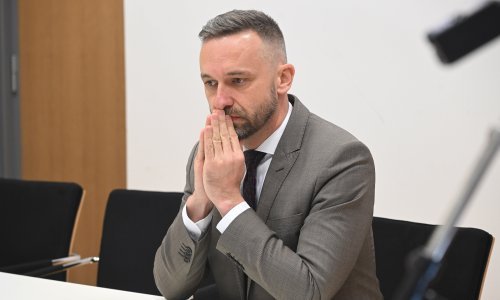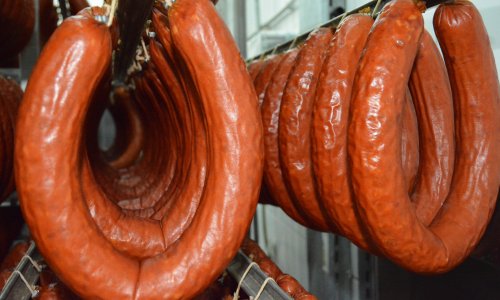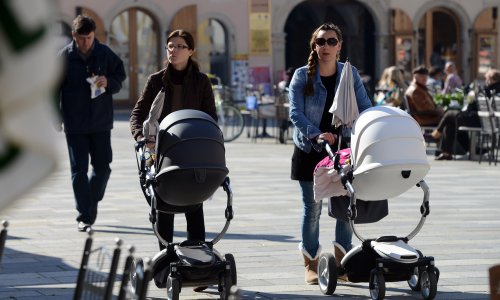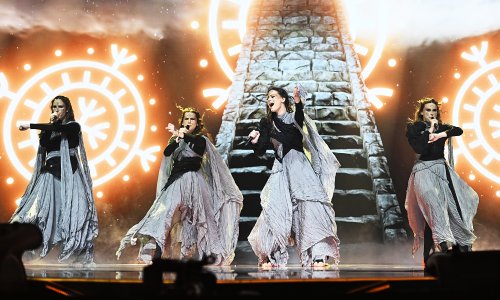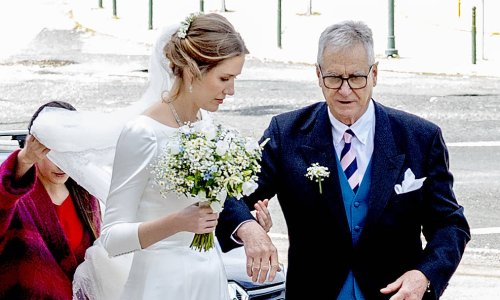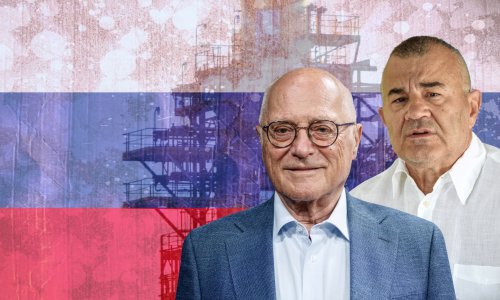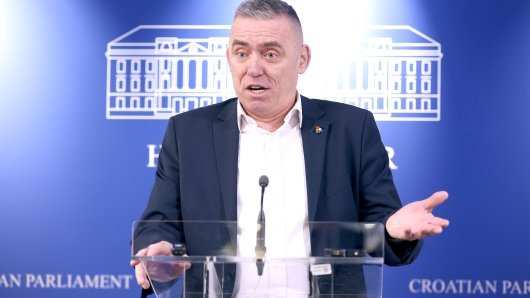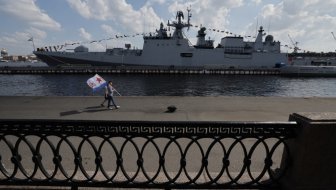The Croatian Helsinki Committee for Human Rights (HHO) issued a press release on Wednesday contesting the statement by the Office of the Chief State Prosecutor (DORH) that 3,728 identified perpetrators had been prosecuted for crimes committed during and in the wake of the 1995 Croatian army and police operation "Storm" and 2,380 had been convicted,
The HHO said that according to available data "not one member of the Croatian Army or the police, or anyone else, has been convicted for war crimes committed against Serbs, either civilians or soldiers, in the wake of Operation Storm".
The HHO also contested the DORH figures about 47 people having been killed during and after Operation Storm and that 33 perpetrators had been prosecuted for 21 cases of murder.
The human rights watchdog disagreed with the DORH that its figures differed from those of the HHO, which claims that 677 people were killed during and in the wake of Operation Storm, because the HHO did not make a distinction between war victims and victims of war crimes and murder.
The HHO claims that its list contains "exclusively and only civilian victims killed after the official end of the military and police Operation Storm" in the first half of August 1995.
According to the HHO, its activists were provided with strict instructions on how to collect data and that it was necessary to get statements from at least two witnesses in order to enter victims into this list.
The HHO recalled that its activists had established that 20,000 houses, barns and other buildings in the areas liberated by the Croatian forces had been either damaged, destroyed or set on fire.
The HHO said that this led to the conclusion that it was a systematic campaign aimed at preventing civilians from returning to their homes and at thwarting the normalisation of life.
Statements and documents which we published in the subsequent years also showed that plunder and arson attacks continued several years after Operation Storm, the HHO said, adding that Croatia still lacked political will to prosecute war crimes perpetrated after Operation Storm.
The HHO mentioned the case of Zeljko Sacic, saying that he had demanded of crime investigators to "carry out a fake on-site investigation" and put weapons by the side of the murdered elderly people to make them look as if they were armed insurgents. Sacic has been under investigation since last year for war crimes against civilians and this fact "is the main fuel for Sacic's extremist political activity today."
The HHO said that the non-final guilty verdict by International Criminal Tribunal for the former Yugoslavia against Generals Ante Gotovina and Mladen Markac once again forced Croatia to face a different view of developments after Operation Storm which differs from the view which the country would like to have.
The HHO said that it was not questioning the legitimacy of Operation Storm nor was it going into the legal basis and fairness of the ICTY judgement, but stressed that it considered it its duty to give its view of what happened on the liberated territory of Croatia after Operations Flash and Storm in 1995, because it was "the only NGO to have been engaged in the systematic monitoring of developments since the first days (of the liberation)".
"We are doing this because the liberated territory had become a scene of massive violations of human rights which were described by jurists as war crimes".
The HHO said that it had informed state institutions, including the police and the prosecutorial authorities, the Catholic Church, international institutions and media about what its activists had found in those areas.
It urged the Croatian prosecutorial authorities to establish "what really happened after Operation Storm and launch trials which the government has promised to the European Union in its action plan".



